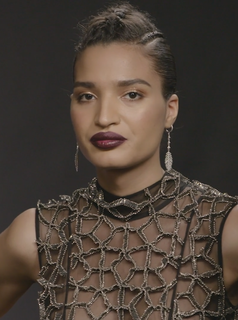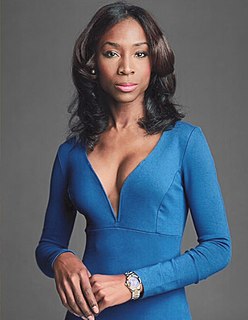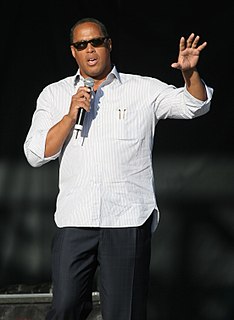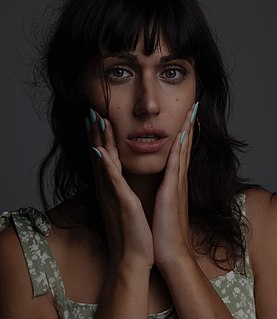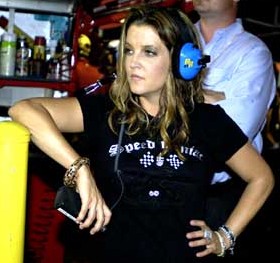A Quote by Courtney Act
I'm definitely more attracted to men and masculinity - not just cis men but trans guys, too.
Quote Topics
Related Quotes
There are cis women who are being attacked and called men because they are wearing makeup and because they are too tall, and they might have an Adam's apple. Once cis women start to realize it's not just harmful to trans women, then we'll start to come together more and attack this together. It sucks, but we're all under the patriarchy.
If most of the reviewers are white cis men, if most of the distributors are white cis men, most of the executives in history have been white cis men. Most of the people who have been giving awards to people are people who've already been in the business - retired white cis men. They've been creating a body of narrative forever.
... the socialization of boys regarding masculinity is often at the expense of women. I came to realize that we don't raise boys to be men, we raise them not be women (or gay men). We teach boys that girls and women are "less than" and that leads to violence by some and silence by many. It's important for men to stand up to not only stop men's violence against women but, to teach young men a broader definition of masculinity that includes being empathetic, loving and non-violent.
What we're seeing now is not just a backlash against feminism. When you look at guys like [Jesse] Helms in the '80s or even Reagan and Bush, there was a real political backlash against feminism. This is different. This is a parodic recreation of the destruction of traditional masculinity. Look at these hollow men. Look at Steve Bannon who wears sweat pants, who doesn't shave. Or Yiannopoulos who is just a clown. This is toxic masculinity. It's new. To see it as a return to the past is a mistake. It's the breakdown of traditional masculinity, rather than its retrenchment.
I once heard that women dress for women -- not for men -- and I think that has some truth to it. Men, what do they know? They don't know if you gain or lose five pounds. They're oblivious to those kinds of things. A lot of men will say "I like you just as you are." And you're like "But I'm bloated!" If they're attracted to you, they're attracted to you.
It's not a cis-man becoming a cis-woman. It's a trans person just being who they want to be. This is how I've always felt, and this is who I've always been. But so much focus is put on the transition or the change because it's so visible. But that's not even what it is... That's who that person's been and who they are now.
One particular debate that I have seen play out again and again is whether trans people who have more traditional gender expressions or who "pass" more should be the ones who are represented. A recent advocacy guide focused on advocating around trans health care access produced by the largest trans advocacy organization in the US instructs readers that advocacy will be more successful if the message is delivered by people who pass as non-trans men and women.
Masculinity varies from time to time and place to place. But it doesn't exist just in the mind of a single guy: it is shared withthe other guys. It is a code of conduct that requires men to maintain masculine postures and attitudes (however they are defined) at all times and in all places. Masculinity includes the symbols, uniforms, chants, and plays that make this the boys' team rather than the girls' team.


